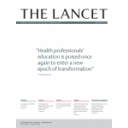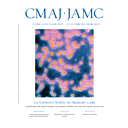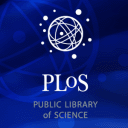Athyros VG, et al. Safety and efficacy of long-term statin treatment for cardiovascular events in patients with CHD and abnormal LFTs in GREACE Study: a post-hoc analysis. Lancet 2010; 376: 1916–22
Statin are effective and safe in patients with established coronary heart disease but with mild-to-moderate abnormal liver function tests.
Category: Randomised controlled trial
Feb 14 2011
Statins, coronary heart disease and abnormal LFTs
Permanent link to this article: https://evidencebasedmedicine.com.au/?p=686
Permanent link to this article: https://evidencebasedmedicine.com.au/?p=1065
Feb 02 2011
Effect of home testing of INR on clinical events
Permanent link to this article: https://evidencebasedmedicine.com.au/?p=282
Jan 31 2011
Cryotherapy vs topical salicylic acid for cutaneous warts
Bruggink SC, et al. Cryotherapy with liquid nitrogen versus topical salicylic acid application for cutaneous warts in primary care: a randomized controlled trial. CMAJ. October 19, 2010; 182 (15)
Cryotherapy with liquid nitrogen is more effective than topical salicylic acid ointment for treatment of cutaneous common warts.
Permanent link to this article: https://evidencebasedmedicine.com.au/?p=807
Jan 14 2011
Placebos for irritable bowel syndrome
Kaptchuk TJ, et al. Placebos without deception: a randomized controlled trial in irritable bowel syndrome. PLoS ONE 2010; 5(12): e15591
The positive results widely reported for placebo pills in consenting patients with irritable bowel syndrome are likely invalid due to serious methodological limitations in the study.
Permanent link to this article: https://evidencebasedmedicine.com.au/?p=749
Permanent link to this article: https://evidencebasedmedicine.com.au/?p=206





Recent Comments